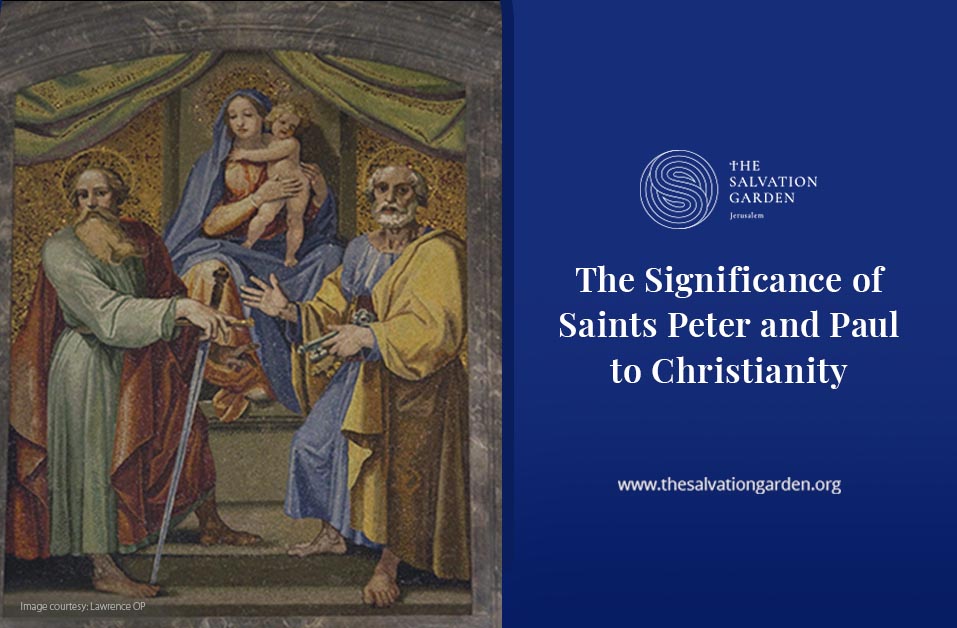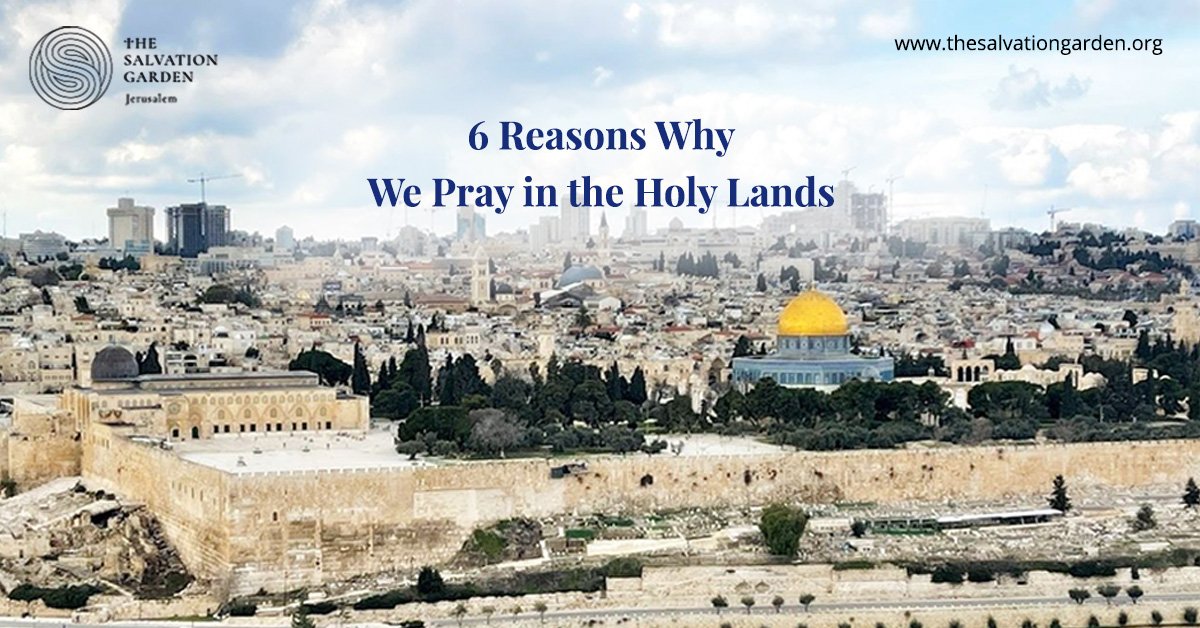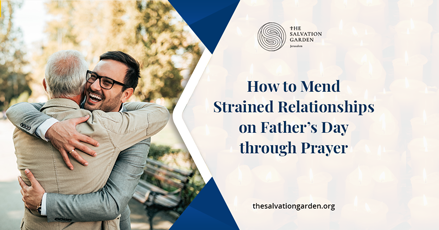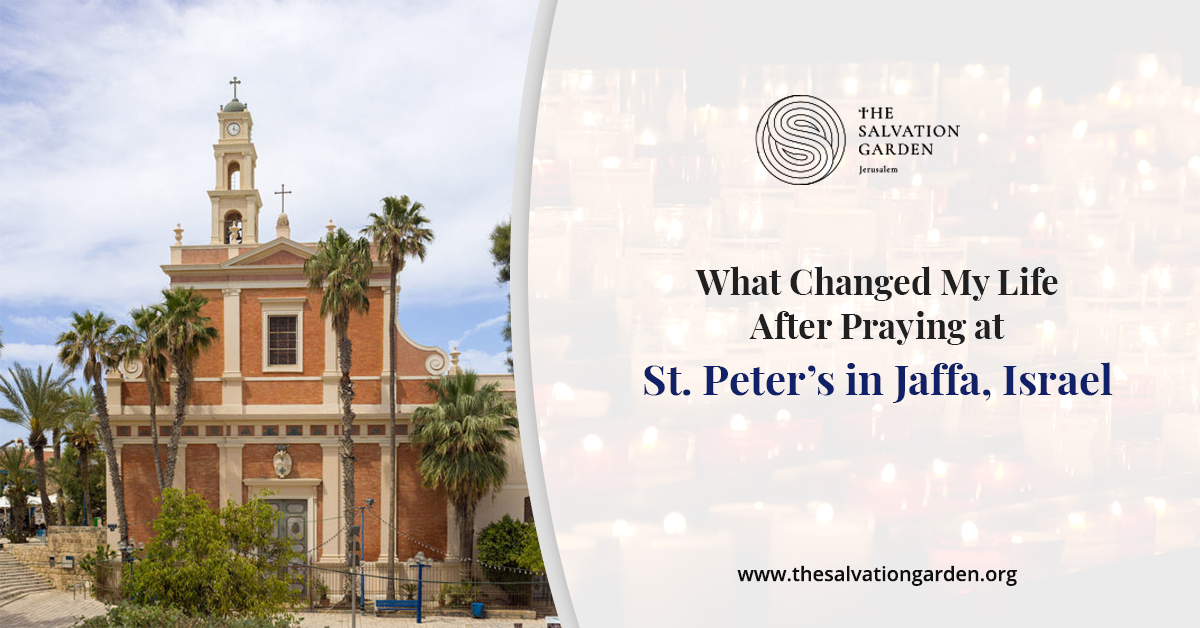Finding the Strength to Forgive Through Prayer
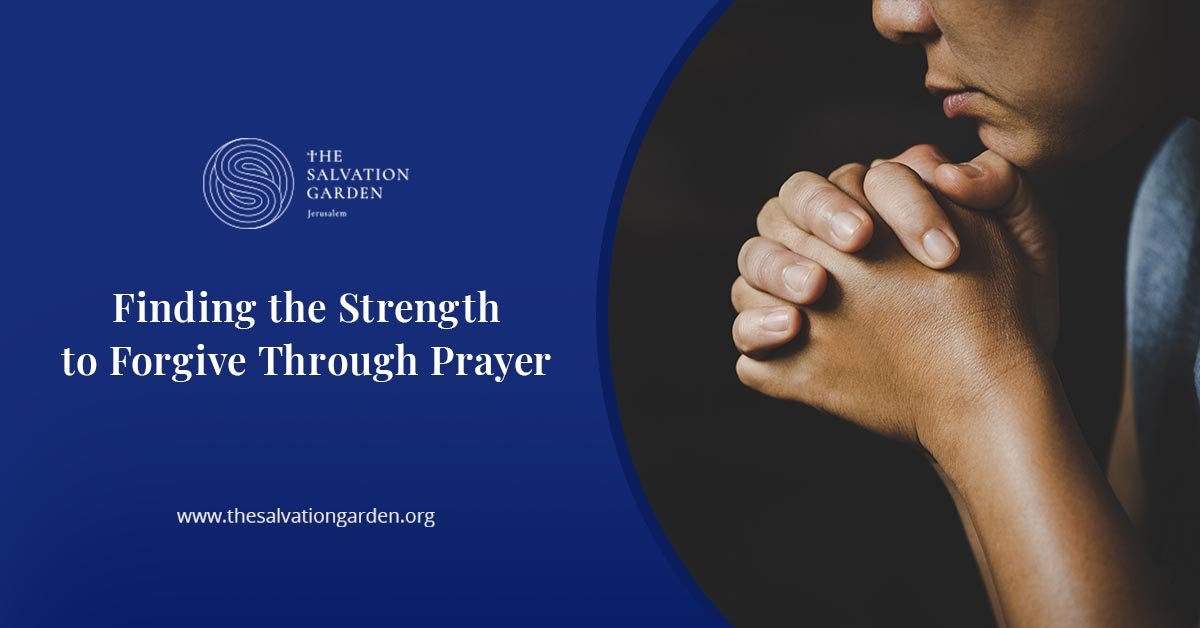
Most people don’t seem to understand how important ‘forgiveness’ is to the central tenets of Christianity. Finding the strength to forgive through prayer is at the heart of Jesus’ teachings and his crucifixion. It is understood that Jesus accepted death on the cross so that our heavenly Father might forgive our weaknesses on earth.
Jesus Seeks Forgiveness For Our Sins Through His Death
“In him we have redemption through his blood, the forgiveness of sins, in accordance with the riches of God’s grace.” Ephesians 1:7
Forgiveness is also important because as ordinary folks, we are bound to have wronged someone or the other at some point in our lives. Hence, we too need to be forgiven on earth as much as we the forgiveness we seek in the eyes of the Lord Eternal.
Do Not Be Quick to Take Offense Against Others
In the words of Jesus: ”For if you forgive other people when they sin against you, your heavenly Father will also forgive you. But if you do not forgive others their sins, your Father will not forgive your sins.” Matthew 6:14-15
Similarly, we should forgive those who have wronged us because it is unfair to ask God for his forgiveness when we have not been able to forgive “those who trespass against us”.
“Do not judge, and you will not be judged. Do not condemn, and you will not be condemned. Forgive, and you will be forgiven.” Luke 6:37
Nor is there a number or limit to the times we should forgive.
“Then Peter came to Jesus and asked, ‘Lord, how many times shall I forgive my brother or sister who sins against me? Up to seven times?’ Jesus answered, ‘I tell you, not seven times, but seventy-seven times.” Matthew 18: 21-22
The Lord’s Prayer
The most famous prayer for forgiveness is the one that Jesus teaches us himself.
“Our Father, who art in heaven, hallowed be thy name; thy kingdom come; thy will be done on earth as it is in heaven. Give us this day our daily bread; and forgive us our trespasses as we forgive those who trespass against us; and lead us not into temptation, but deliver us from evil.” Matthew 6:9-13
Remembering these teachings from Jesus’ own life, his poignant death, and glorious resurrection, enable us to find joy in forgiveness and a chance to look forward to something better in the afterlife.
Psychologists say that forgiveness is a method of releasing the pent up feelings of resentment or retribution against a person or community who has wronged you. But sometimes the feeling of being wronged can be too overpowering. If that’s how you feel then remember that forgiveness is not the same as forgetting or condoning a wrong.
You are not bound to reconcile with an offender nor release him from his legal consequences. Your only duty of forgiveness is with respect to God. Letting go of the pain will help create the character you so proudly exhibit today. It helps heal old wounds, allowing you to move on with your life. Prayer can help carry some of this heavy burden of healing. This is because prayer is your personal way of letting the universe know that you have forgiven and are ready for happiness ahead.
Is there a personal prayer that you have in mind for forgiveness? Write it down and have it read out in the holy land of Jesus’ own crucifixion and resurrection. Send an online prayer request to the holy lands today.


